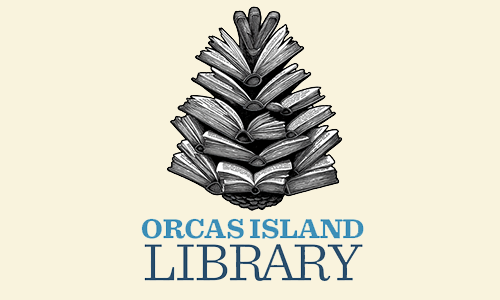— from Tom Eversole —
During the 1900s, life expectancy of Americans increased from 45 to 75 years, attributed mostly to improvements in public health (nutrition, housing, sanitation, and occupational safety). Yet, extending the “golden years” has created new challenges that community health, social, and economic systems have yet to address.
Today’s seniors are more active and independent than in the 1970s, when senior services and centers were established. Many live alone well into their 80s, become frail, and no longer able to live independently or maintain their homes. By 2020, more than half of Orcas islanders will be 55 or older. Many are retired. Some moved here without their children. For others, families and support systems have moved away – a precarious situation with little access to reliable, affordable in-home and long-term care.
Private and public agencies will need to update their services in order to address the tsunami of baby boomers heading their way.
**If you are reading theOrcasonian for free, thank your fellow islanders. If you would like to support theOrcasonian CLICK HERE to set your modestly-priced, voluntary subscription. Otherwise, no worries; we’re happy to share with you.**








Tom, I am a Registered Nurse with a Bachelor’s degree [Seattle U] in nursing with an emphasis on Home Health/Hospice, a prior Bachelor’s degree [Wheaton Col] in Biology, and a Master’s degree from the School of Public Health and Community Medicine [UW] in Healthcare Administration, Orcas healthcare as my focus. I spent years working as an unlicensed assistant in group homes and home care/hospice, I did internships in Emergency and intensive/Trauma Care so that I would have the level of independent judgement in non-institutional environments. I have thousands of hours as case manager in Home Health/Hospice. I have spent 16 yrs and $50k getting the education training and experience to back up my licensure in providing care specifically researched & designed to serve the needs of Orcas Island residents. I have a unique skill set, unmatched by any.
-Including the ability to speak my mind when ignorance and complicity at the expense of the vulnerable is the order of the day. I am the troublemaker you need.
But the Senior Center,
the Family Resource Center, the Community Foundation, and both clinics, the Fire Dept./Orcas “CARES,” the physicians and EMTs and nurses and Social Workers and Lahari and Hearts&Hands and the Lions and Rotary and local churches and longtime caregivers to whom I have spoken to specifically regarding the burgeoning unmet needs of this community for my specific skills have all, without explanation or discussion, refused to work with me. Even For Free.
So Tom, what exactly are you saying?
I’m listening. I keep going to meetings with administrators who act like silencing, threatening coercing cajoling humiliating/ pitying excluding me .. will make the problem go away. It IS the problem.
..still.. after 16 years of this.
So your words do not ring true.
I am here. I am qualified. I am prepared. I am experienced. I am committed, boy am I.. And I am immune to degrading treatment.
And yet you send out these generic paeans of ignorance: “what EVER will we do.? let’s ‘gear up!'”
Try something COMPLETELY different! Professional Healthcare Advocacy. Yes there is ALREADY an entire profession dedicated to this. It is the vaccine for O-AIDS: Orcas Avocate Intervention Deficiency Syndrome. We are *literally* dying of it,
Tom: D E N I A L is the repeated call for action already failed.
It’s your job, Tom. Quit dithering. We have too far to go.
Your dime. This time.
-Leif